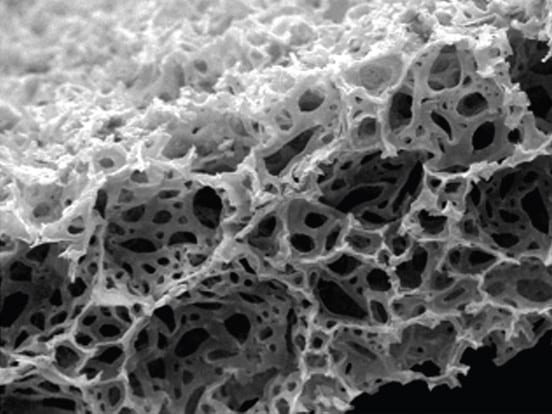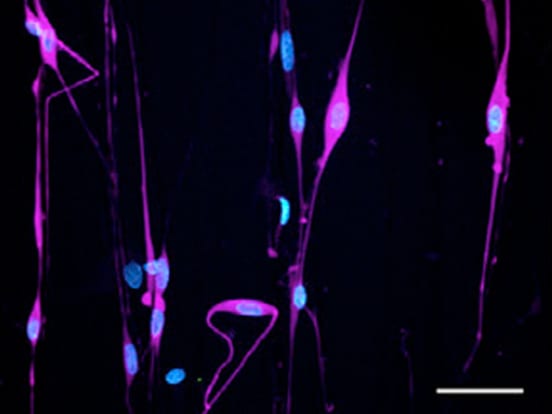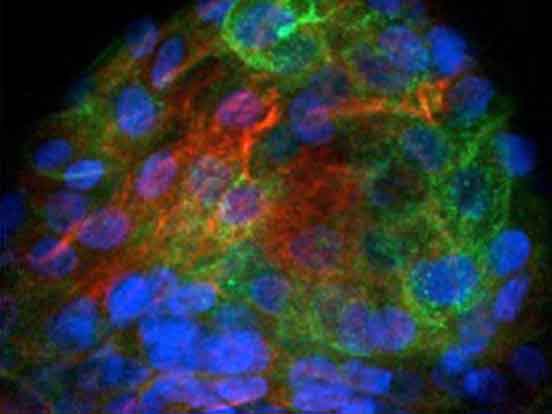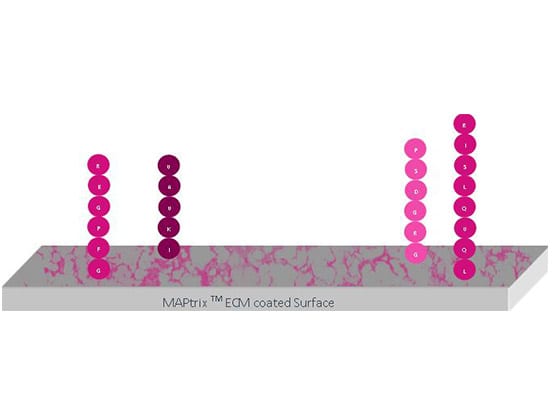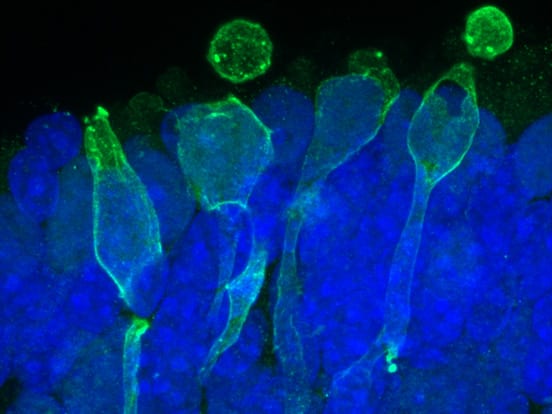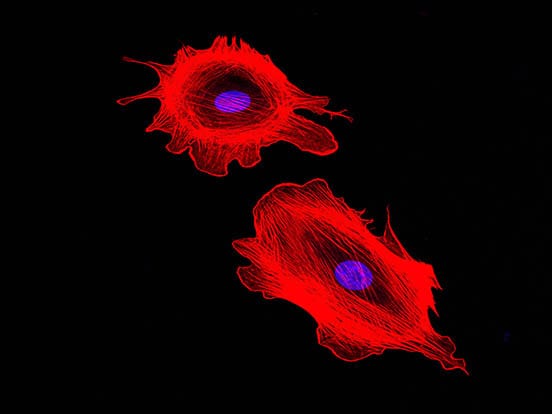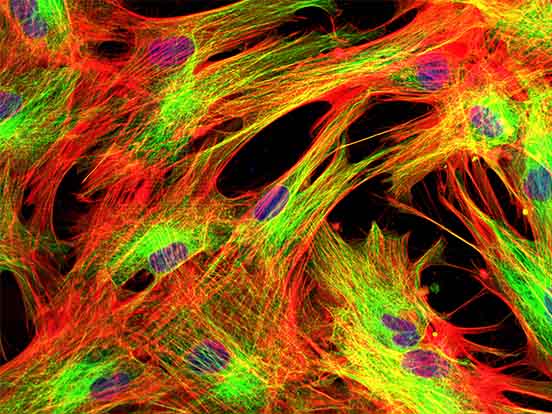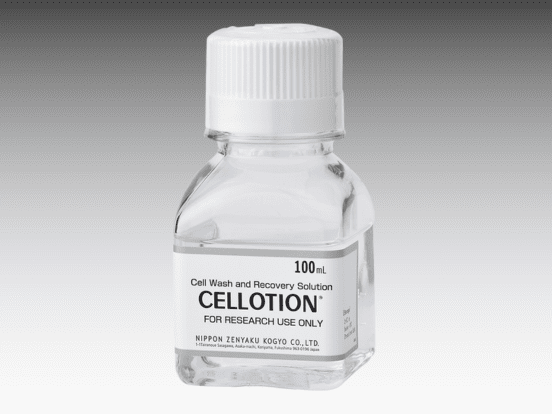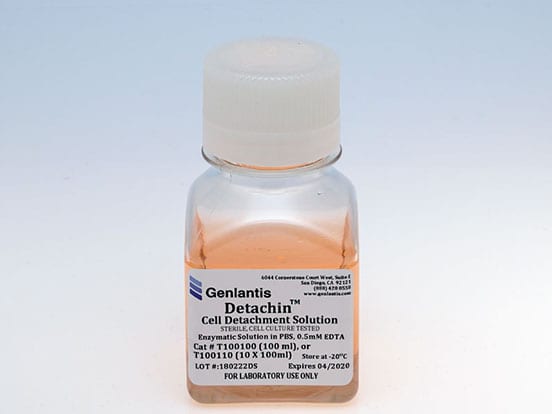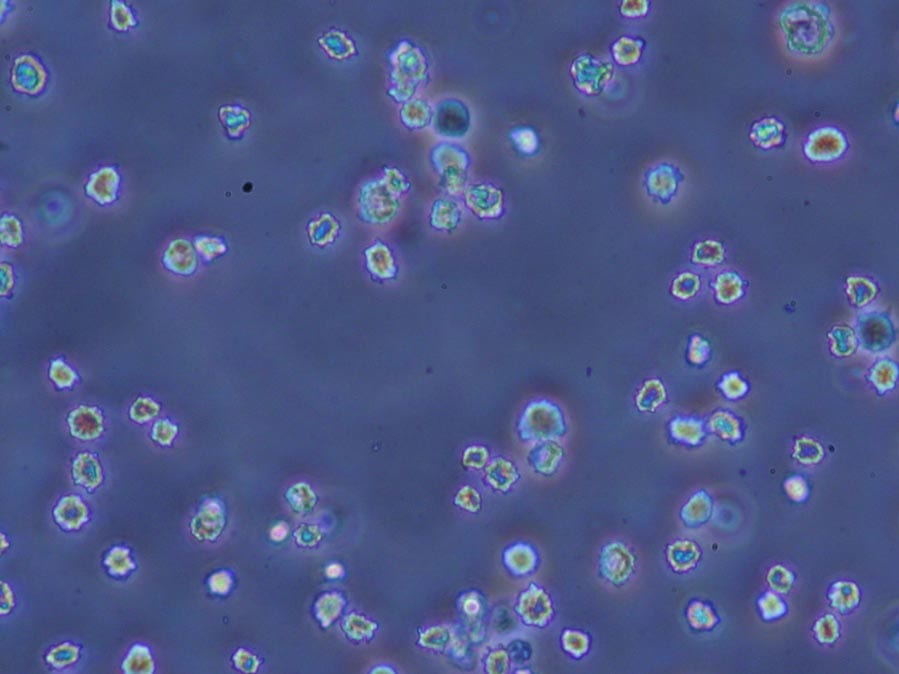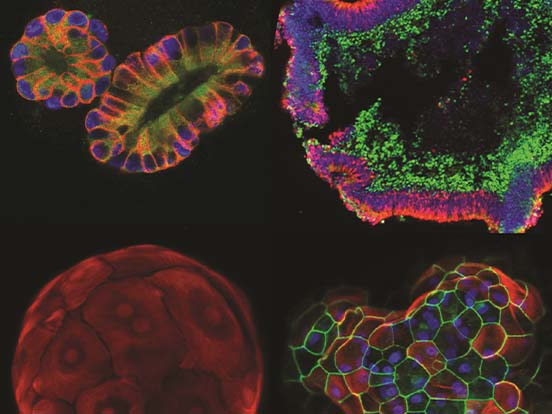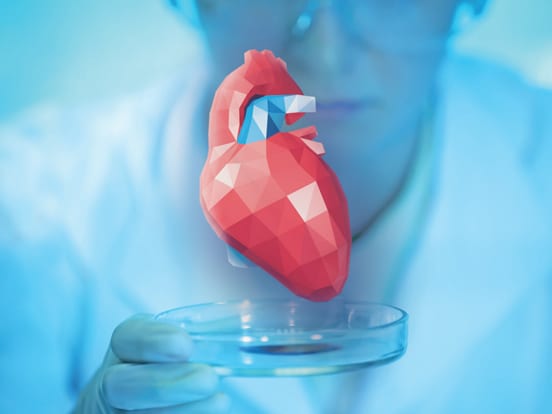
Physiologically Relevant Cell Culture
3D Cell Culture - Relevant, Reproducible and Realistic
AMSBIO’s Physiologically Relevant Cell Culture range helps you find the right technology to mimic the features you need from the original in vivo context in your cell culture model.
We can help you choose materials and reagents to maximise the physiological relevance of your experiments. We can also assist you in deciding what are the best end-points to your research tests in order to answer any scientific or clinical question.
From 2D to 3D Cell Culture
Until recently, the only techniques available for cell or tissue culture were limited to 2D. Reconstituting a physiologically relevant environment in two dimensions is nearly impossible: cells in 2D are exposed to high levels of serum and oxygen, they adapt their morphology to the 2D environment (thus modifying protein expression), and crucial intercellular interactions are reduced to insignificant levels.
While animal models offer the closest in vivo experimental system, they have limited applications as not all diseases can be recreated in animal models. In vivo systems are also of their nature complex, and this complexity makes it harder to control and measure all the factors that might be relevant.
As biological sciences rely heavily on tissue culture, running experiments in 3D conditions brings research to the next level. See below to explore our selection of 3D Cell Culture technologies, to help you improve your experimental set ups, to model in vivo conditions.
Artificial Scaffolds
Artificial Scaffolds are highly stable, providing surfaces for cells to attach, grow, and differentiate in a 3D environment. They also have the ability to multiplex several cell types by combining scaffold slabs in various co-culture combinations.
Hydrogels
Hydrogels are formed of synthetic and/or natural extracellular matrices, cross-linked networks, and interconnected pores possessing high water retention. These components allow the creation a cell microenvironment that mimics the dynamic extracellular matrix.
Alginate
Alginate is an anionic polysaccharide derived from brown algae cell walls, which forms a gel in the presence of calcium. Cells can be easily harvested from alginate gels, making it the perfect choice for 3D cell culture.
Extracellular Matrices
Extracellular matrix proteins have revolutionized in vitro and in vivo cell models by providing optimal environmental conditions to promote physiologically relevant cellular structure and function.
Spheroid (Low Adhesion) Based Solutions
Low adhesion based solutions, such as Lipidure®, promote cell aggregation, allowing the formation of spheroids and embryoid bodies due cell-cell interactions. These coatings can also be used to differentiate embryoid bodies into organoids.
Cell Behaviour Assays
Cell Behavior Assays allow precise evaluation of cell adhesion, migration, and invasion. Our 3D cell assays provide a more physiologically relevant method of measuring these with easy transition to high-throughput scale.
Cells and Cell Lines
Cells are an essential tool within cellular and molecular biology, offering a model system to study physiology and biochemistry. From immortalized cell lines to isolated primary cells, our large portfolio of cells means that you can find the exact cell type to meet your research needs.
Primary Cells
View all Primary Cells products
Primary cells are isolated directly from human or animal tissue, and therefore offer a more physiologically relevant model of the in vivo state compared to cell lines. Our range of primary cells include both human normal and tumor cells, alongside several animal cell types.
Stem Cells
Stem cells are defined by their ability to undergo self-renewal and their biological potency to differentiate into distinct mature cell types. These characteristics offer the potential for stem cells to be used for a range of therapeutic applications in regenerative medicine.
Cell Harvesting and Storage
Correct methods of cell harvesting and storage are vital for ensuring maximum cell viability. Cell detachment and dissociation solutions offer a simple and gentle method for cell harvesting, as an alternative to Trypsin. Cell freezing media enables long-term storage of cells whilst maintaining normal karyotype, pluripotency, and proliferation ability post-thaw.
Custom Service - Screen in 3D
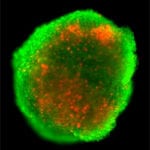
AMSBIO has launched a new company, ScreenIn3D, in partnership with the University of Strathclyde and Dr Michele Zagnoni, to perform advanced screening and profiling services for cancer drug discovery using the latest advances in spheroid, organoid and microfluidic technology.
